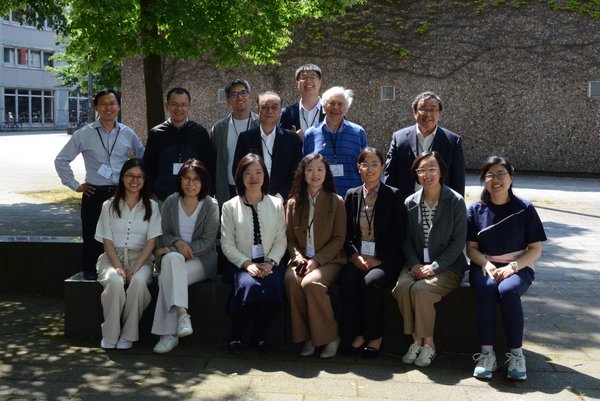
Scientific exchange: We welcome a delegation of Fudan University, Shanghai
A delegation of high-level representatives, led by Prof. Dr. Renhe Zhang, the former Vice-President of Fudan University, visits the Max Planck…
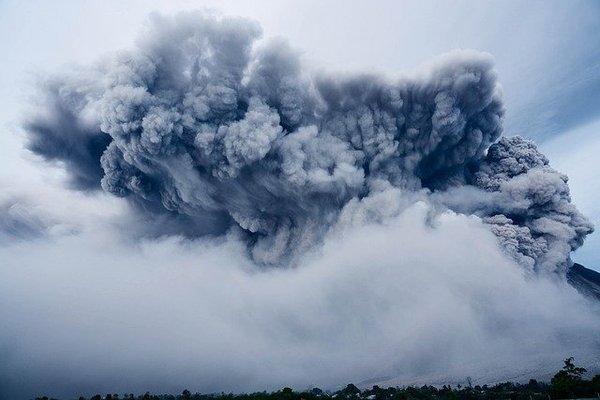
Linear climate response to idealized tropical volcanic eruptions
In a new study, Dr. Claudia Timmreck, Dr. Dirk Olonscheck and Dr. Shih-Wei Fang from the Max Planck Institute for Meteorology, together with…
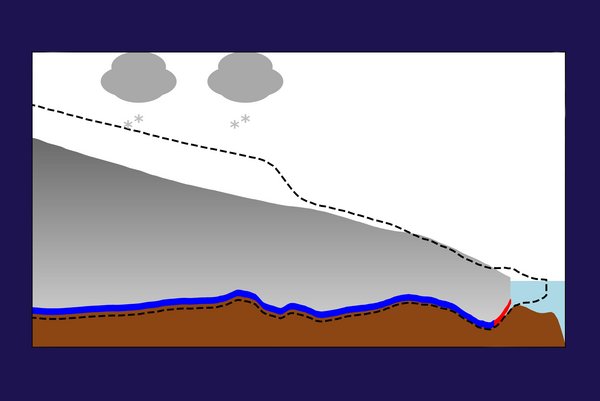
A new mechanism for synchronising Heinrich events with Dansgaard-Oeschger cycles
The northern hemisphere climate during the last glacial period (about 65,000-15,000 years before present) was dominated by two prominent signals of…
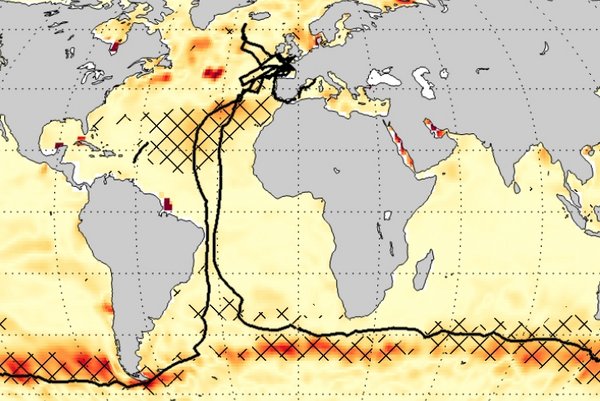
Ocean CO2 measurements: a single sailboat yacht makes a difference
Have you ever wondered how much a single measurement campaign matters when estimating the ocean's carbon sink? In a study published recently in…
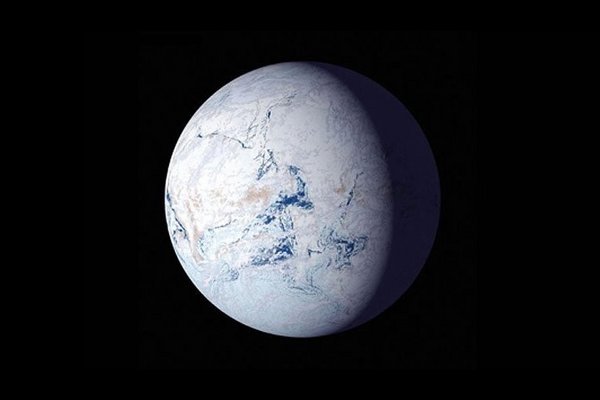
What happens after a snowball Earth melts?
When a snowball Earth deglaciates, the planet transitions rapidly into a hot "supergreenhouse" climate that persists for a hundred thousand years or…
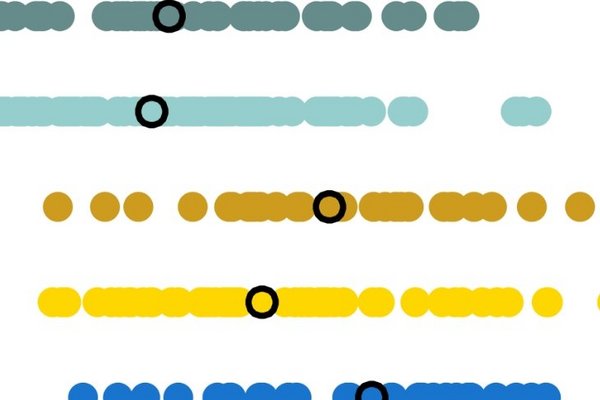
Coupled climate models systematically underestimate the radiation response to surface warming
Do climate models realistically represent the coupling between Earth’s surface warming and the top-of-the atmosphere radiation? Dirk Olonscheck,…
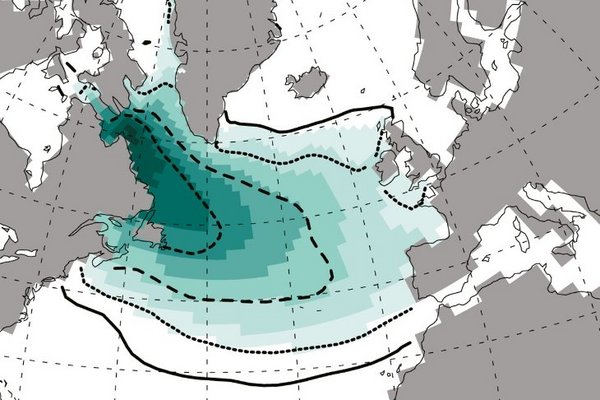
Including icebergs in computer models helps to better understand past climate change
In their new study Olga Erokhina and Uwe Mikolajewicz showed that adding icebergs to climate models can help scientists better understand the…
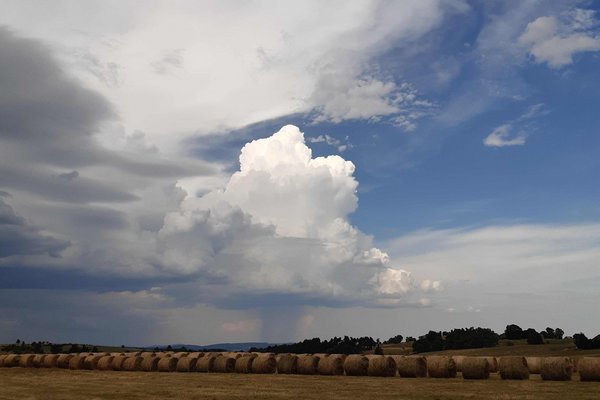
Rain rather likes dry soils in a next-generation global climate model
In a recent study, Dr. Junhong Lee and Dr. Cathy Hohenegger show that a next-generation climate model exhibits a different relationship between water…
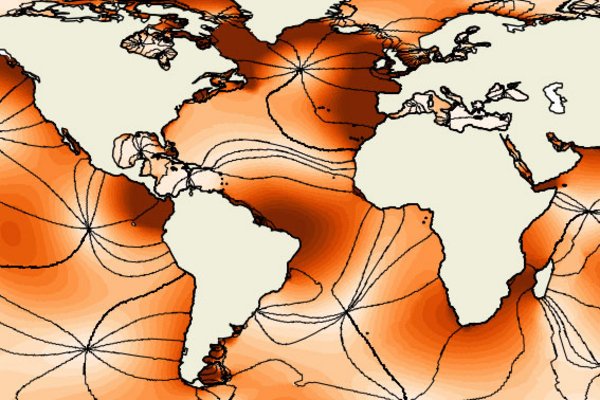
Towards resolving internal tides in the ocean
In a recent publication, Prof. Jin-Song von Storch together with other scientists showed that the ocean component of the ICON model is able to…
![[Translate to English:] [Translate to English:]](/fileadmin/_processed_/b/d/csm_Humboldt_Visit_Gruppe01_257b699c46.jpg)
International Climate Protection Fellows of the Alexander von Humboldt Foundation visit Hamburg
A group of climate protection fellows from South America, Asia and Africa will be visiting the Max Planck Institute for Meteorology (MPI-M) and the…
Focus: The big melt | Marie-Luise Kapsch, Clemens Schannwell
Climate change is melting the ice sheets of Greenland and Antarctica and causing sea levels to rise. This could be a disaster for island states and…

Coordinating climate modeling to stimulate climate science
In a commentary recently published in AGU Advances, Prof. Bjorn Stevens, Director of the Climate Physics Department of the Max Planck Institute for…
